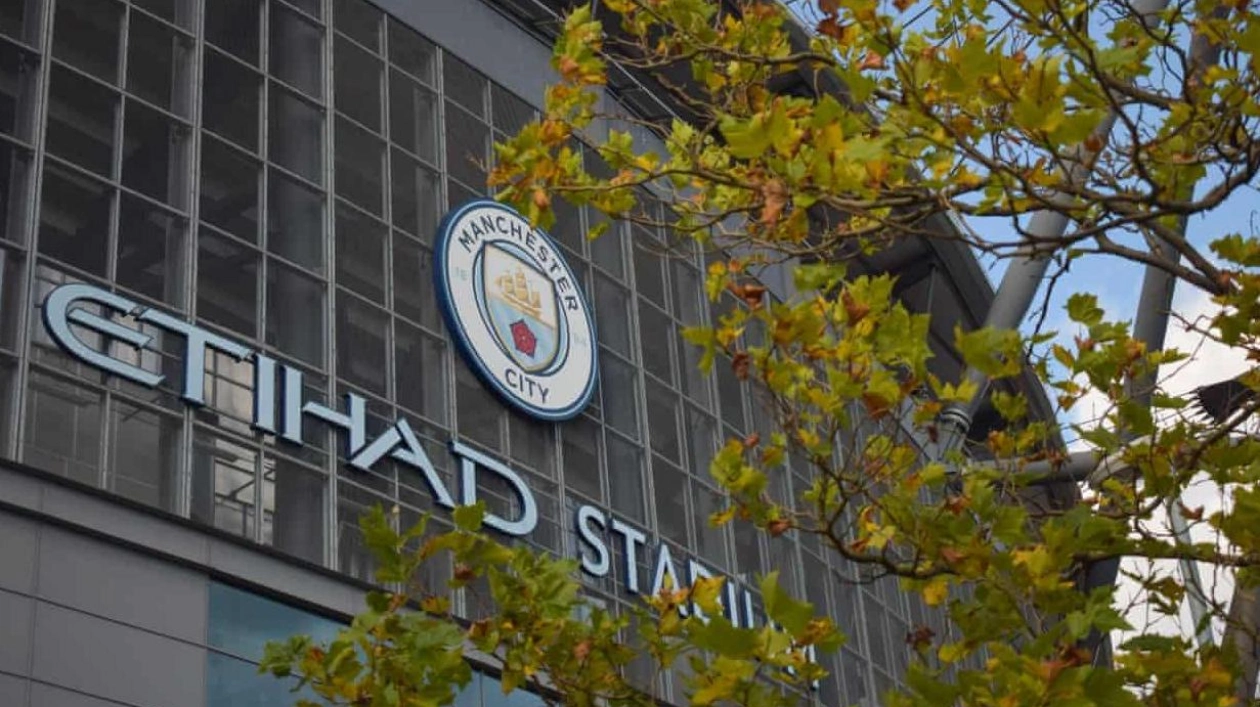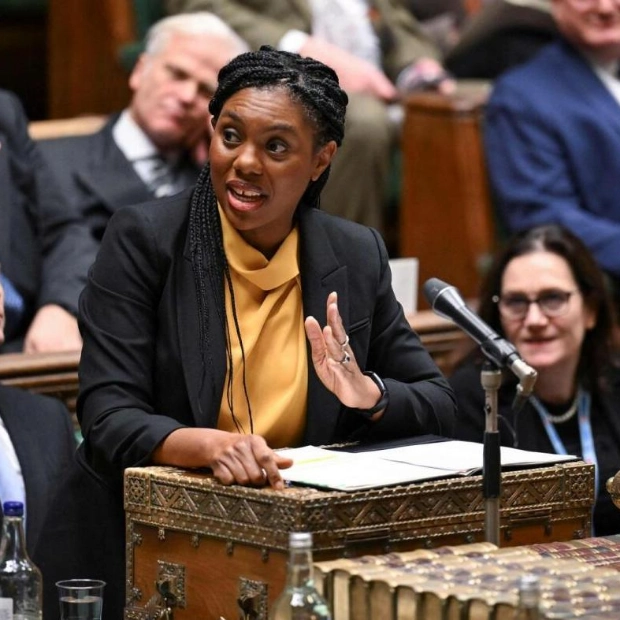Premier League executives will convene for the first time on Thursday since the commencement of the hearing into Manchester City’s alleged 130 breaches of league regulations. This gathering will not be the sole legal matter on the agenda at the top-flight shareholders’ meeting. The so-called “trial of the century”, which spans nine seasons and accuses City of intentionally concealing information from the competition—a charge they vehemently deny—will undoubtedly concern clubs, even though a resolution is not anticipated for several months.
However, this is not the only aspect of the league’s governance currently under legal scrutiny. There is speculation that the outcomes of a second claim, brought by City against the Premier League, may be disclosed to clubs at the London meeting. This claim pertains to the competition’s rules on associated party transactions (APT), deals with companies linked to a club’s ownership, which City argues are anticompetitive. A two-week arbitration hearing concluded in June, and a verdict is now expected, though it is not mandatory to make the details public.
A City victory in this case would directly challenge efforts to enhance competitive balance in the division and further undermine the Premier League’s credibility as a rule-making entity. Earlier this month, Leicester City won an appeal against a points deduction for breaching profit and sustainability rules (PRS). The appeal panel ruled that the rules were not stringent enough to apply to clubs that had been relegated and filed accounts post-revocation of their top-flight membership, such as Leicester.
Many executives will also be monitoring forthcoming rule changes, including revised PRS regulations mirroring those of UEFA and a system known as top to bottom anchoring (TBA) currently under trial with plans for permanent implementation next season. City, along with Manchester United and Aston Villa, opposes the anchoring rules, which would link player spending at the top of the division to multiples of the prize money earned by the Premier League’s bottom side. The Guardian has learned that potential legal challenges are being considered if these rules are approved.
The Premier League is keen to advance its financial regulations to achieve a new, comprehensive agreement among its clubs. The increasing number of clubs dissatisfied, not with the rules themselves but with the legal costs incurred in defending them, may ultimately benefit the league’s leadership.






